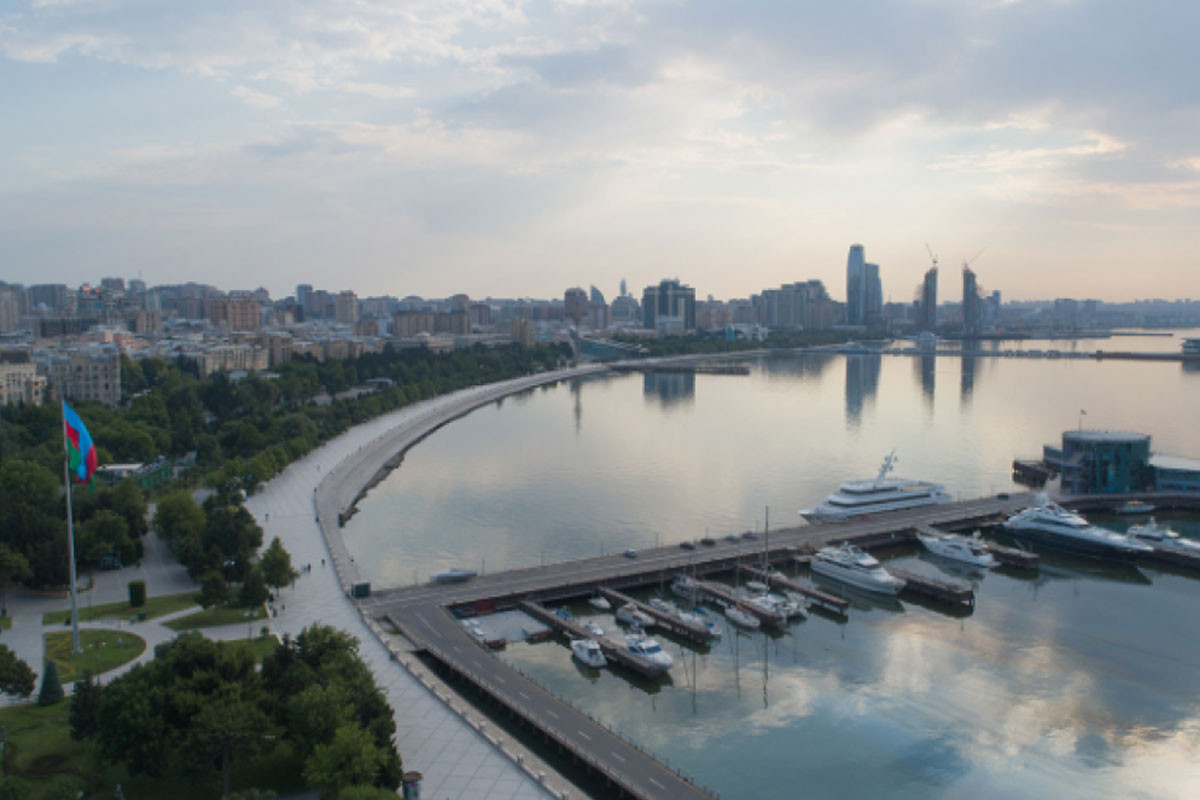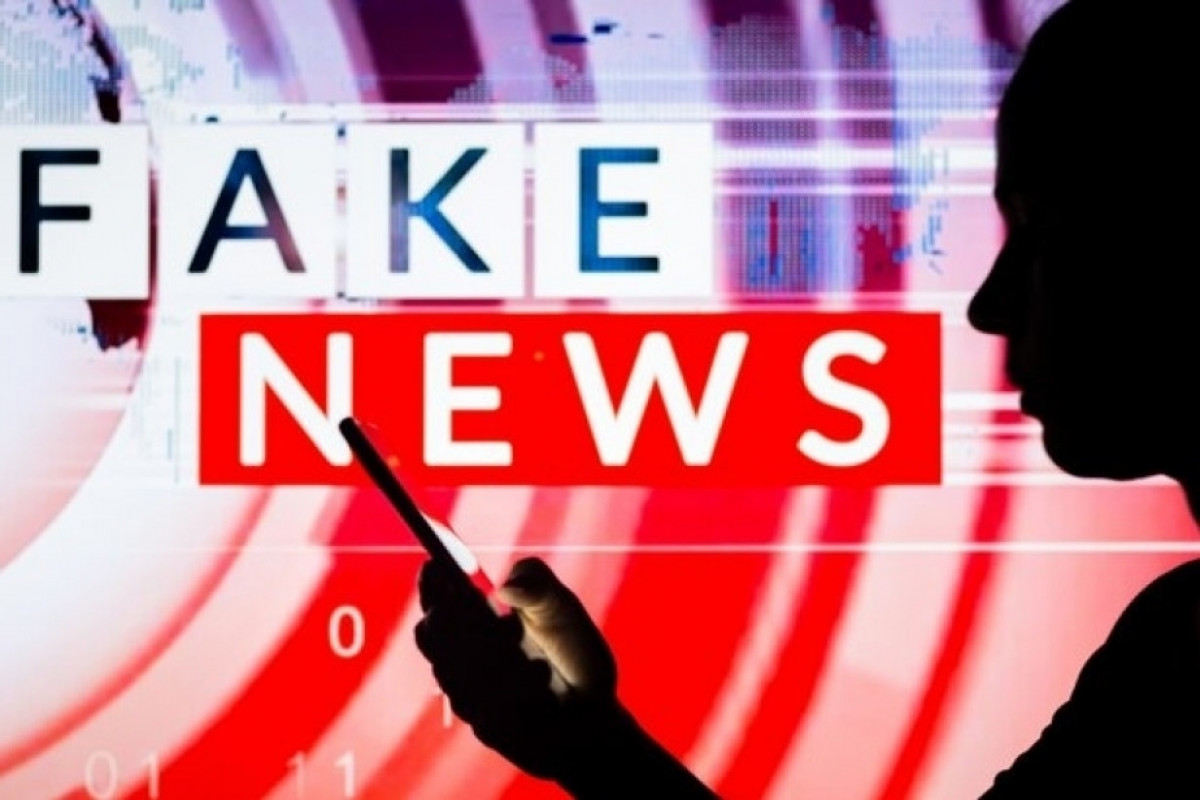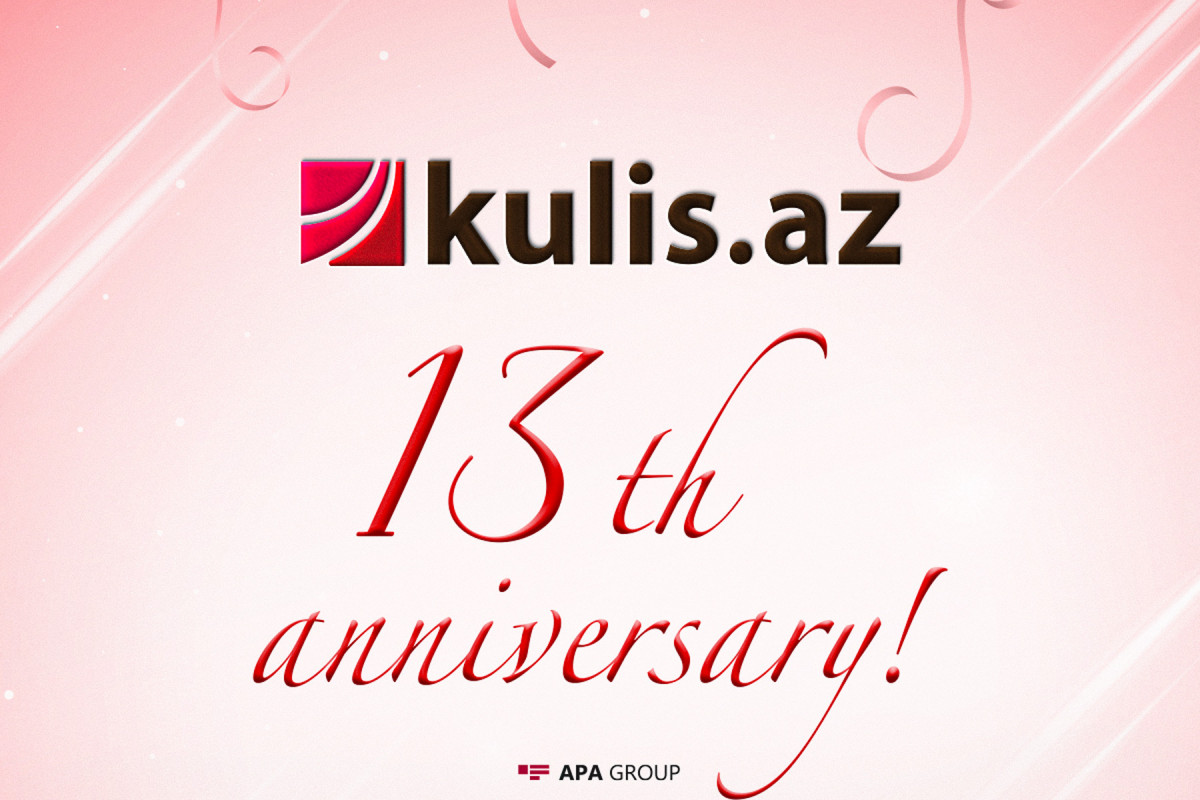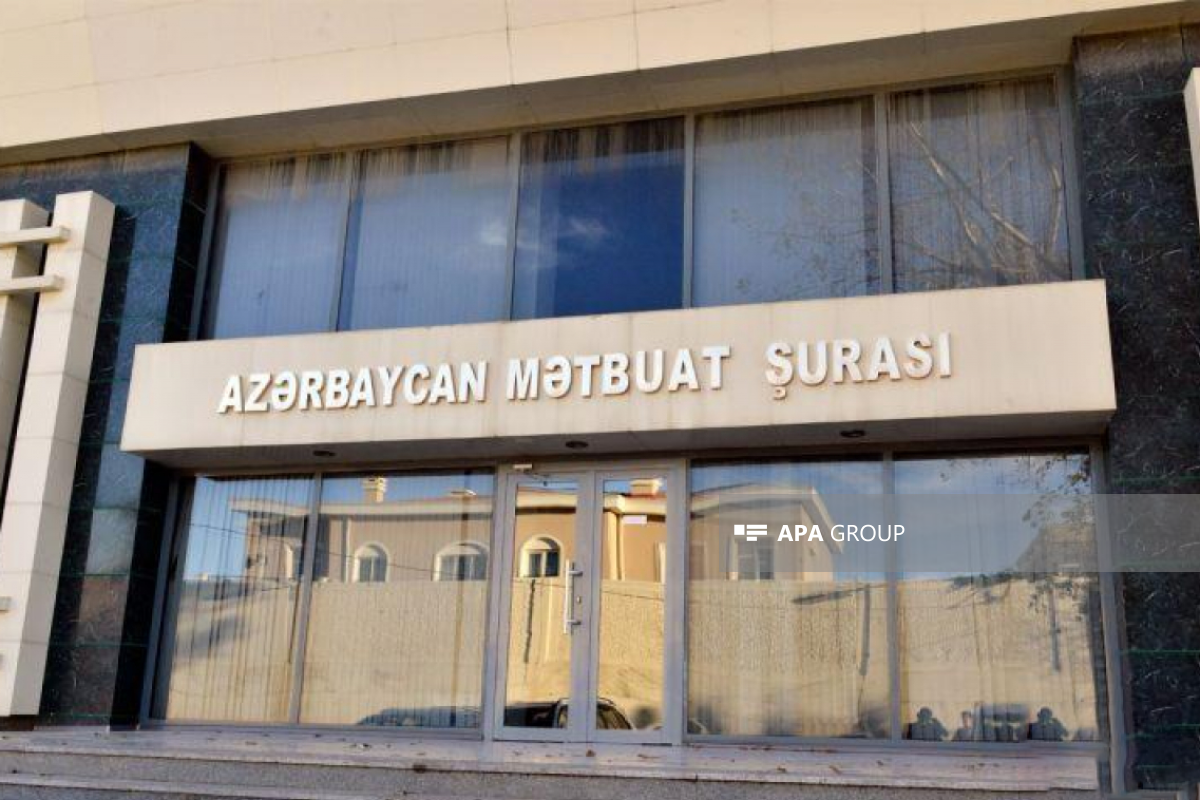Center of Analysis of International Relations published large report regarding the information war and smear campaigns conducted against Azerbaijan during the 44-Day War and after the War, APA reports.
The report revealed the names of a number of Western organizations and public sector representatives participating in the defamation campaign against Azerbaijan with Armenian sentiments.
During the Second Karabakh War, some media outlets, institutions, and journalists displayed a biased and one-sided perspective on the conflict and the history of the Karabakh region in Azerbaijan. Despite claims of impartiality and objectivity, their coverage was deliberately distorted, altered and manipulated to ignore legal and historical facts. This selective representation aimed to undermine and marginalize the Azerbaijani perspective.
During the 44-day-long conflict and after, following the signing of the Trilateral Declaration on November 9/10, 2020, the platforms belonging to certain academic institutions sidelined the Azerbaijani perspective. This lack of access has raised questions about the integrity and impartiality of these institutions. There have been numerous instances when organizations and individuals have neglected the Azerbaijani perspective in their coverage of the Second Karabakh War and its aftermath. This is just one aspect of a larger anti-Azerbaijani bias present in Western academia and media.
Many of these individuals and organizations have also shown indifference towards the rights and struggles of the one million internally displaced persons who have been forcibly exiled from their homes for the past 27 years. The blurring lines between Armenian state propaganda and the coverage of some international non-government organizations and journalists, who choose to exclude Azerbaijani voices, due either to bias or ignorance, has the potential to severely impact the future of peace-making efforts in the region. It is never acceptable to prioritize emotions, sympathies, or financial interests over professionalism, especially in such a sensitive matter. Instead, all entities and individuals covering the events surrounding Armenia–Azerbaijan relations should strive to be neutral facilitators, promoting peace, reconciliation, and respect for international legal norms.
Noted that during the war, a number of events that were held publicly in Western cities were limited only to the Armenian side of the conflict and propagated the Armenian perspective. For example, on October 31, 2020, the University of California, Los Angeles (UCLA) held an all-Armenian oneday conference titled “Nagorno Karabakh/Artsakh and the Palimpsests of Conflict, Violence, and Memory,” which, predictably, presented a pro-Armenian, one-sided narration of past and current events.1 In another instance, The Armenian Center at Columbia University held a “NagornoKarabakh/Artsakh in the Media: Perspectives from Around the World” discussion on November 5, with five Armenian panelists and no Azerbaijani presenter.
The Human Rights Institute at Columbia Law School has conducted a “Crisis in the Caucasus: Human Rights Violations in [socalled] Artsakh” talk. Moreover, the Program on Peacebuilding and Rights (PBHR) at Columbia University’s Institute for the Study of Human Rights (ISHR) announced the launch of a research project, “Human Rights and Foreign Terrorist Activities in [so-called] Artsakh (Nagorno-Karabakh),” on November 12;
Another such event amid the war in the South Caucasus was convened on November 5, 2020, by the Department of Critical Theory & Social Justice at Occidental College in Los Angeles. The “expert” panel was titled “The Armenia–Azerbaijan War & the Crisis in Artsakh” and had two Armenian panelists.
An online panel titled “On Ceasefires: International (In)action in the Nagorno-Karabakh War,” hosted by Zoravik (an Armenian activist collective), also held a discussion on October 26 that analyzed the ceasefire process without including one of the parties of said ceasefire.
Unfortunately, the one-sided approach to events in the Armenia–Azerbaijan conflict is not only limited to events held by academic institutions.
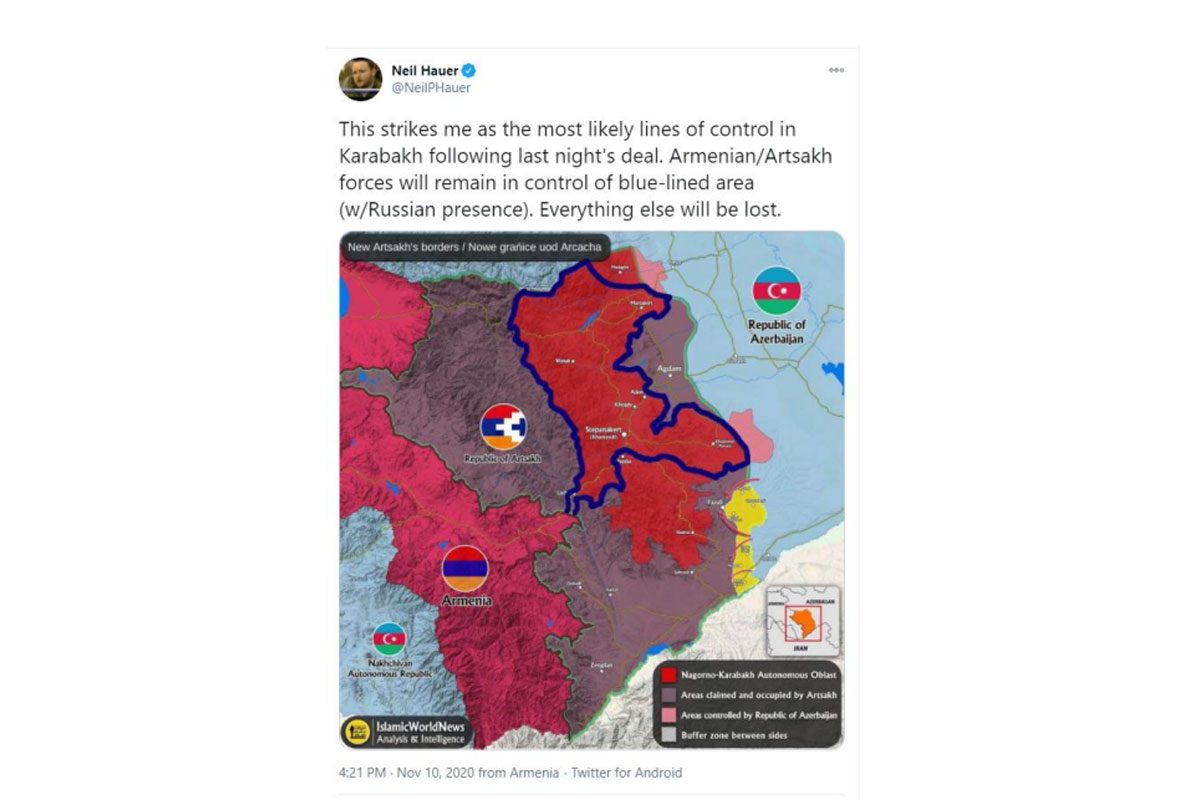
A Canadian would-be journalist and analyst, Neil Hauer, has been actively covering the events of the Second Karabakh War from the Armenian perspective. In his reporting during the conflict, Hauer has demonstrated numerous one-sided approaches to the events. Before arriving in the Karabakh region to conduct first-hand reporting, Hauer was already expressing disdain about the BBC’s reporting from Ganja city, not understanding the difference between the shelling within and outside the Karabakh region.8 Moreover, while outside the region himself, Hauer’s reporting relied on sources such as “WarGonzo,” a channel on Telegram that is acknowledged as a biased and unreliable source that misled the Armenian population about the situation in the region throughout the war. While expressing criticism about the BBC’s so-called “one-sided reporting of the events” and the alleged lack of attention given to shelling within the Karabakh region, Neil Hauer himself, while talking to the BBC at a later date, extensively covered the events in Khankendi while refusing to issue one sentence about the attacks on cities such as Ganja, Barda, or Terter.9 In another instance, when asked to back his claims with evidence, Hauer stated: “The source is conversations with various well-informed people in Stepanakert [Khankendi]."
Another would-be journalist is Lindsey Snell, who was previously stationed in the Middle East and is suspected of connections with the PKK and other affiliated terrorist organizations. Detained in 2016 for illegally crossing the Syrian–Turkish border.

Snell used every opportunity, including the Armenia–Azerbaijan conflict, to seek revenge on Türkiye for her detention. She openly stated in one of her tweets that “Türkiye should have never arrested me.” She reported one-sidedly about the conflict and even objected to findings by Human Rights Watch about war crimes committed during the conflict. She also retweeted some conspiracy theories concerning Amnesty International being bribed by Azerbaijan.
Noted in the report that a former United States Ambassador to Armenia, John Marshall Evans, has also participated in the information war, spreading anti-Azerbaijani sentiment and supporting the Armenian governmental position, even extreme claims like Azerbaijan’s wish to commit genocide in the region.
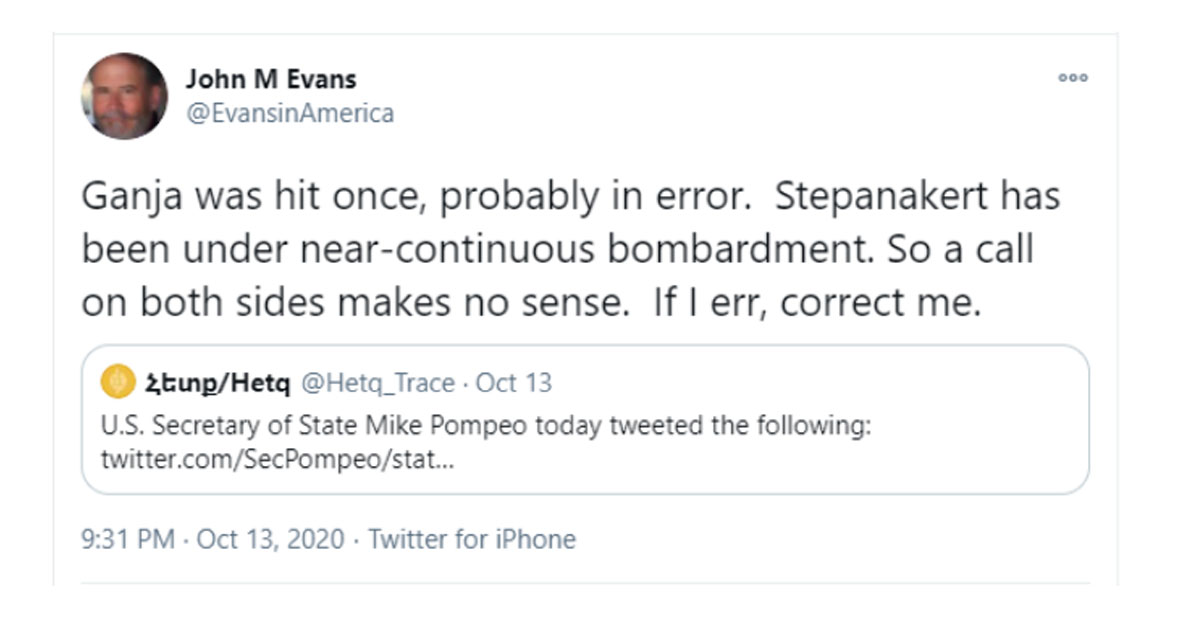
Noted that In July 2021, the Georgian Institute of Politics, with the financial support of the Heinrich Boell Stiftung, organized a Summer Academy in Tbilisi that invited Georgian, Azerbaijani, and Armenian experts and researchers. Our colleague, then Senior Advisor Vasif Huseynov, also attended this academy. The participants were supposed to write a research paper after the event that would be published on the website of the Georgian Institute of Politics. The paper written by Huseynov about the policies of the European Union towards the South Caucasus was checked by Sonja Schiffers, Director of the South Caucasus office of the Heinrich Boell Stiftung, who clearly demonstrated how biased is the approach that she and the institution she represents takes to the Armenia–Azerbaijan conflict and political issues relating to Azerbaijan.
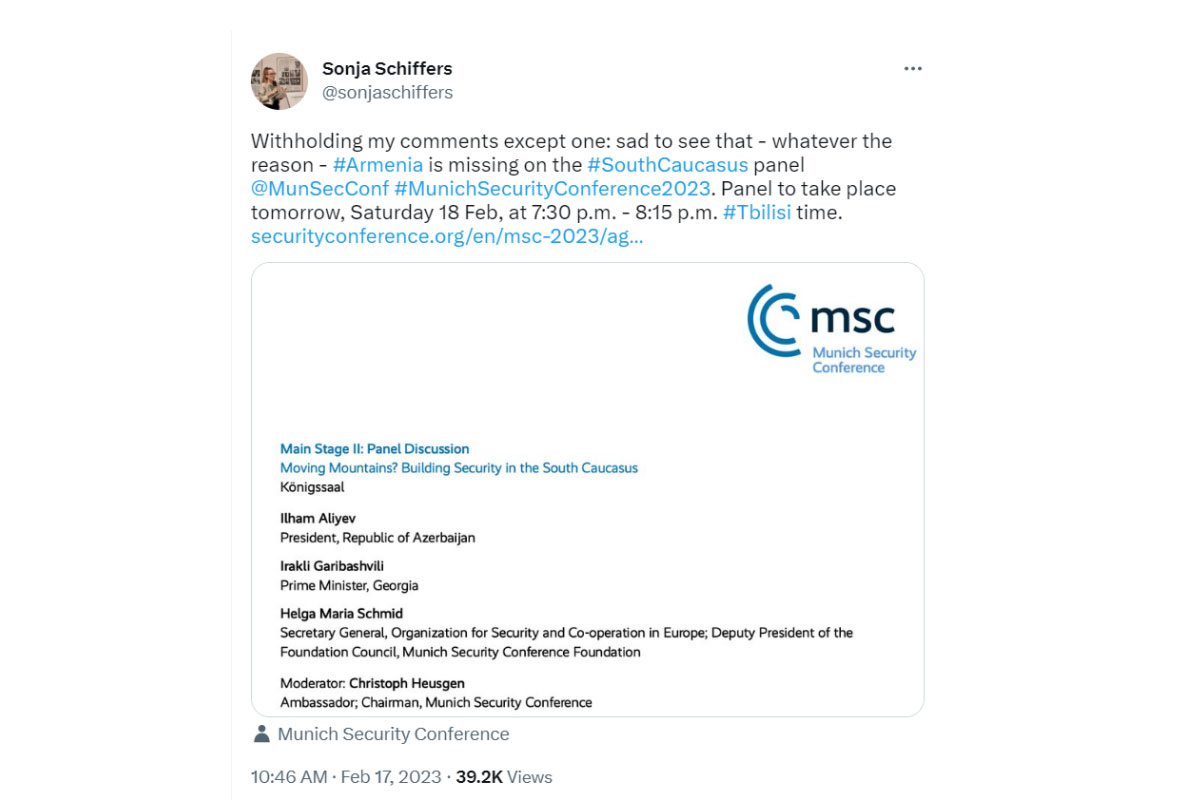
Noted that in response to Huseynov’s statement that Armenia and Azerbaijan should recognize each other’s territorial conflicts, which is a very basic principle of international law, Schiffers retorted that “This sentence fully ignores the Armenian perspective and thus makes a peace deal very unlikely. What would have to be done to bring all conflict parties on board?” In response to another statement that the destroyed territories of Karabakh need international assistance, Schiffers replied asking, “What do independent voices say about this? Is the refutation credible? Of course, everybody always needs money. But in the AZ case, much is lost due to heavy reliance on natural resources and lack of development due to the lack of reforms and democratization in general. Does the EU have to pay for this?”
Noted in the report that these are only some of the statements that are more political judgements than academic feedback. This biased attitude by the Heinrich Boell Stiftung towards Azerbaijan has been observed in many other instances since then.
"For example, in January 2023, this institution organized a webinar about the “Humanitarian Crisis in Nagorno-Karabakh and the Armenia–Azerbaijan conflict” at which representatives from both countries were supposedly invited as speakers along with Viola von Cramon, a member of the European Parliament. Notably, the organizers invited a very marginal figure with an extremely negative reputation in Azerbaijani society, Bahruz Samadov, as a representative from Azerbaijan. It was very well known to the organizers that a very limited number of people in Azerbaijan share his views, which are characterized by most people as more “pro-Armenian” than “pro-Azerbaijani.” This was a clear attempt by the organizers to fake balance in their approach to the conflict.
The report also noted that some Western publications refuse to publish the articles of Azerbaijani experts reflecting Azerbaijan's perspective on the conflict and the situation in the region. Not only Azerbaijani experts, but also those foreign observers who incorporate Azerbaijani perspectives in their analyses face double standards. For example, Taras Kuzio, a Research Fellow at the Henry Jackson Society and Professor of Political Science at the National University of Kyiv Mohyla Academy, faced such a double standard after he published an article about Armenian war crimes in Rolling Stone magazine. It was noted that after the publication of the article, Armenians sent thousands of e-mails to the Rolling Stone magazine demanding that the article be removed from social media.
Concurrently, there are a number of media outlets and so-called journalists who regularly disseminate brazenly anti-Azerbaijani posts. For example, Open Caucasus Media, via its website oc.media.org, persistently ignores any Azerbaijani perspectives about the country’s conflict with Armenia despite the fact that its website states, “We stand for equality for all and give voice to all the diverse people of the Caucasus.” Several attempts by our experts to get their articles published on this website by the same process and in the same format as those used by Armenian experts have regularly been ignored. Opendemocracy.net is another such outlet which presents itself as an independent media platform based in London. The reporting of this platform from the South Caucasus is almost entirely under the control Armenians who propagate extremely biased information about the conflict.
Added that Another infamous figure who consistently targets Azerbaijan is a political scientist from Latvia, Eldar Mamedov. Until recently, he worked as a political advisor for the Social Democrat group in the European Parliament. Over an extended period, Mamedov has authored a sequence of articles and publications that intend to undermine Azerbaijan’s reputation in the Western sphere and hinder its progression towards closer ties with Brussels and Washington.
The report noted that Blankspot organization operating in Stockholm, as well as German media, especially "Der Spiegel" publication, are among the organizations that have a biased attitude towards Azerbaijan.


